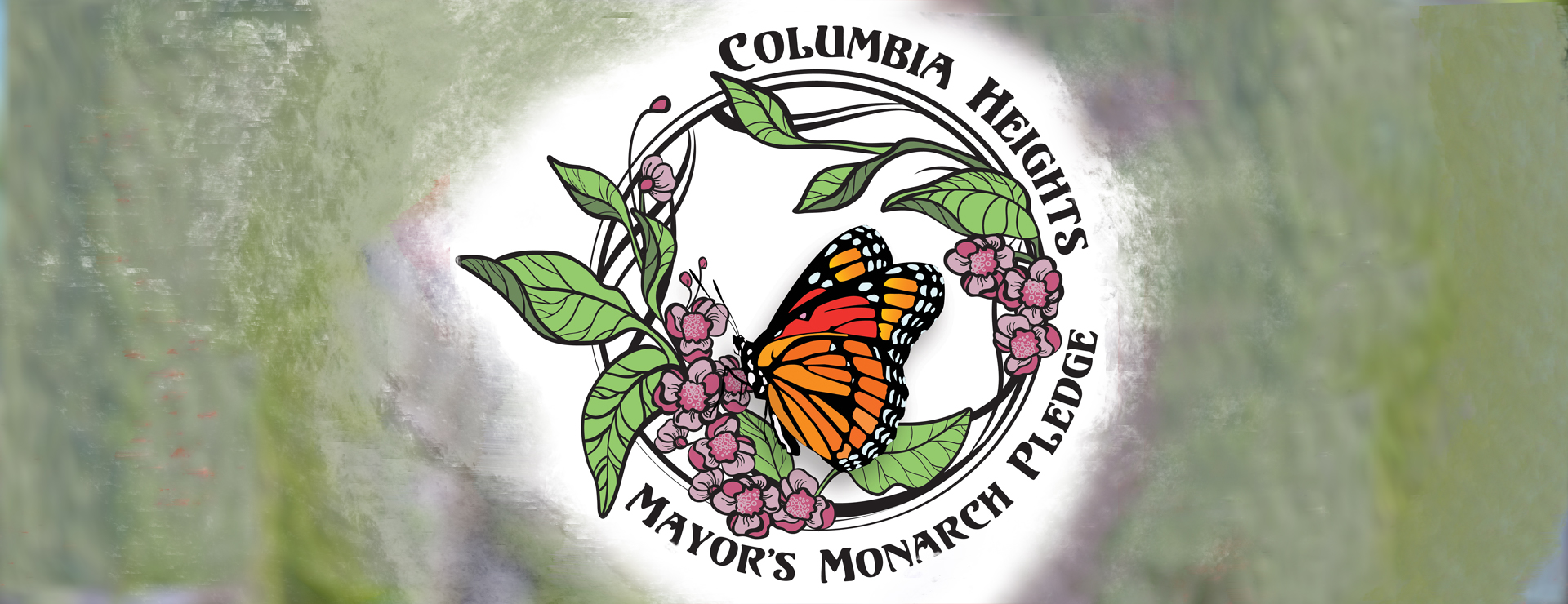Monarch Pledge

Amáda Márquez Simula, the mayor of Columbia Heights, explains to Bloomberg how her focus on saving monarch butterflies has sparked community interest in environmental conservation.
POLLINATOR GARDENING TIPS
- Plant native flowering plants. Get a list for your zip code at nwf.org/nativeplants.
- Reduce the size of your grass lawn and replace it with native blooming plants
- Attract hummingbirds by planting dense shrubs for nesting and native plants with bright red and orange tubular flowers for food. Supplement as needed with a nectar feeder
- Leave standing dead trees, fallen logs, and bare patches of sandy soil. Most native bees are solitary and lay eggs in tiny tunnels in dead trees, fallen branches, hollow stems, or in sandy soil. You can even put out a bee house filled with nesting tubes.
- Plant host plants. Butterflies need special “host plants” as food for their caterpillars. Monarchs, for example, rely on milkweed, so planting it will provide essential habitat. Find host plants for butterflies and moths native to your area at nwf.org/nativeplants.
- Avoid Pesticides. Native plants attract ladybugs, predatory wasps, and other natural enemies of garden pests. These insects are a sign of a healthy garden, and an important food source for birds. No need to spray pesticides. Hand-pick pests if you have an infestation or wash them off with a stream of water from a hose. If you must spray: Only use organic or natural pest deterrents such as soap, garlic and chili pepper; spray only at night, when flowers are not blooming, and when it’s dry and windless; use products that target specific pests rather than broad-spectrum ones; avoid anything labeled as toxic to bees or that kills the “weedy” flowers pollinators visit; specifically avoid garden products that include neonicotinoids; and carefully read and follow application instructions on any spray, using them sparingly.
- Map your pollinator friendly space on the Map Our Monarch's page here.
- Map your pollinator friendly space on the Map Our Monarch's page here.
- Plant pollinators in pots on balconies and other small areas
- Rent a garden plot
- Spread the word about the Mayor's Monarch Pledge! Share the email monarch@columbiaheightsmn.gov and website columbiaheightsmn.gov/monarch with people you think may be interested in participating!
